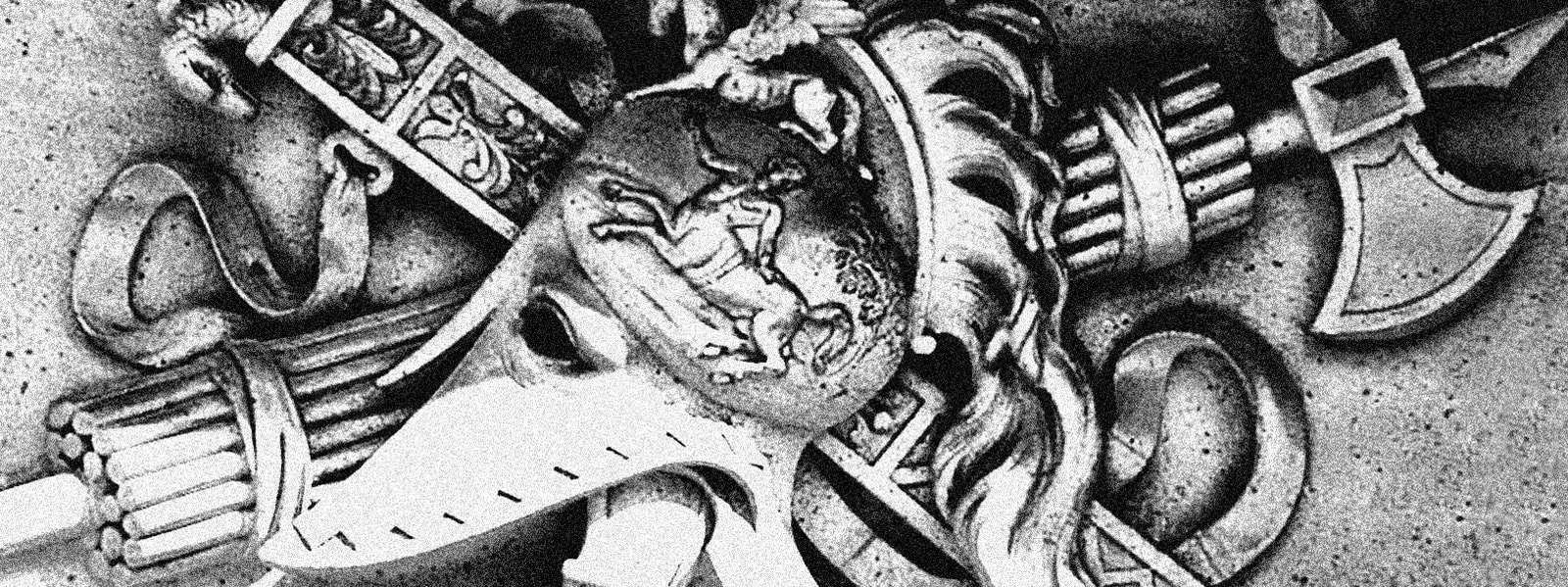Andrey Velikanov discusses the phenomenon of fascism and our perception of it.
The Latin word fascis (meaning ‘bundle’) refers to an ancient symbol of power: a bundle of wooden rods bound together with an axe. In a symbolic sense fascism meant union, unity. That was the way Mussolini understood it, and only the members of his party actually called themselves fascists. However, later the term became a pejorative and was applied to other political regimes active during WWII. In the USSR, the term came to be associated with the image of the enemy in general, which is still perceptible in the state rhetoric today. Finally, fascism can be a metaphor for power that suppresses individuality, like in Gilles Deleuze, Felix Guattari, Michel Foucault, and Umberto Eco.
‘…the major enemy, the strategic adversary is fascism (whereas Anti-Oedipus' opposition to the others is more of a tactical engagement). And not only historical fascism, the fascism of Hitler and Mussolini—which was able to mobilize and use the desire of the masses so effectively—but also the fascism in us all, in our heads and in our everyday behavior, the fascism that causes us to love power, to desire the very thing that dominates and exploits us.’ (Michel Foucault. Preface to the American edition of Anti-Oedipus. 1972)
